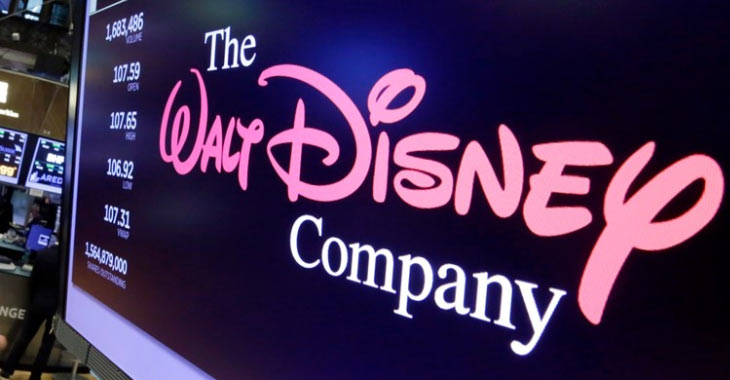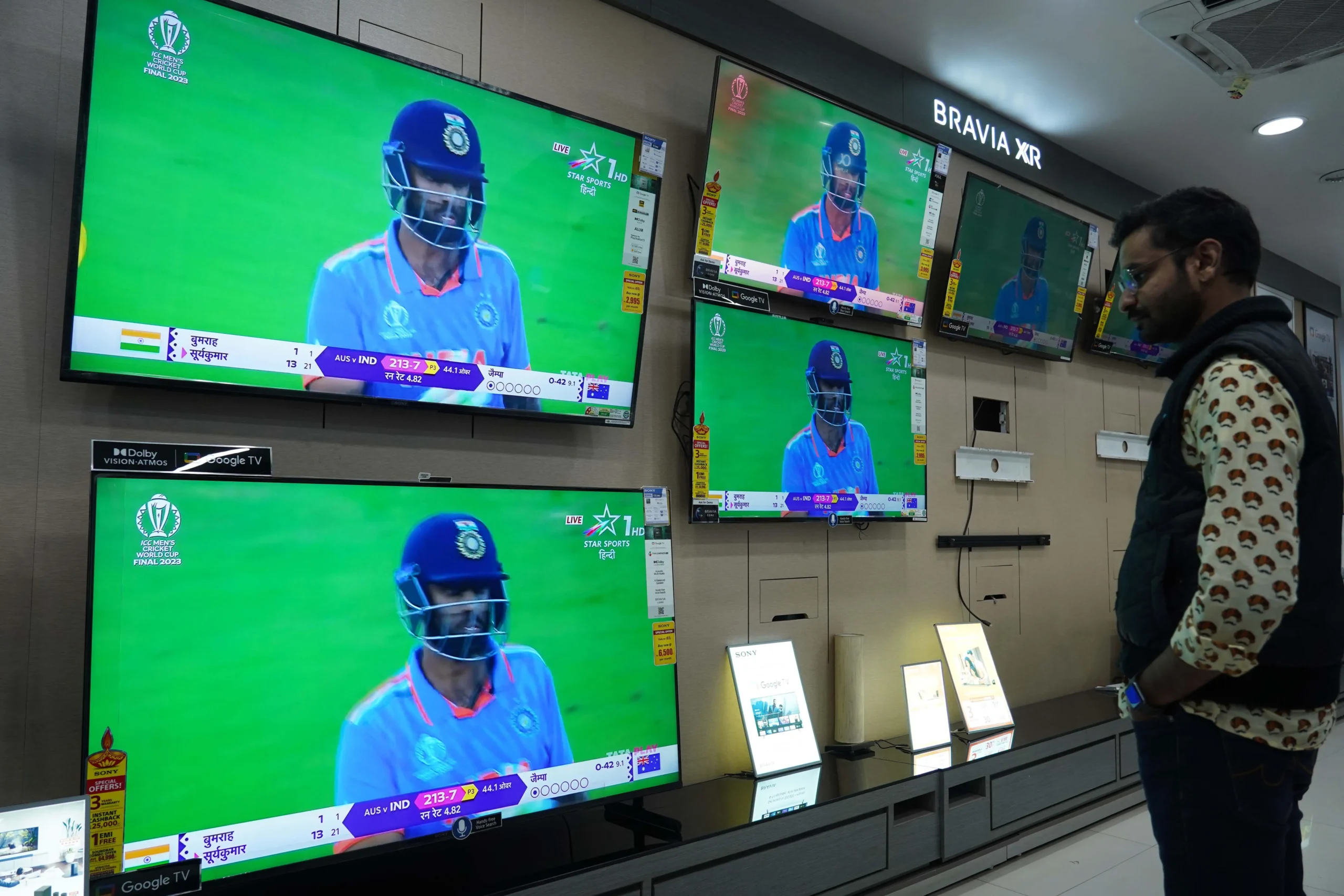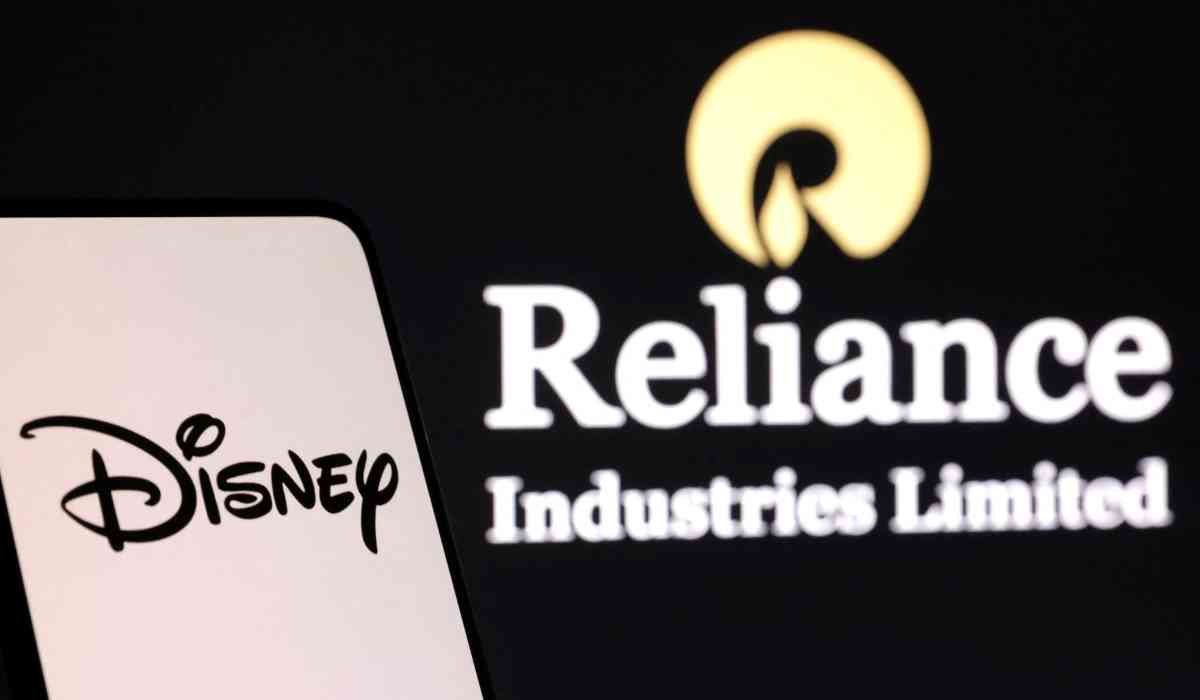In a bid to secure swift antitrust approval for their $8.5 billion merger of media assets in India, Reliance and Walt Disney have proposed concessions to address potential market dominance concerns. The merger, announced in February, aims to create India's largest entertainment conglomerate, combining 120 TV channels and two streaming services. However, the deal has raised eyebrows among antitrust experts due to its potential impact on competition in the Indian media landscape.

Proposed Channel Divestments
To alleviate concerns about market power, Reliance and Disney have offered to sell some of their TV channels. Sources familiar with the matter reveal that the companies are willing to divest fewer than 10 channels, primarily focusing on regional Indian language offerings where their combined market share is particularly high.
This move comes in response to approximately 100 questions posed by the Competition Commission of India (CCI) regarding the merger. The strategy mirrors a similar approach taken by Zee and Sony in 2022 when they offered to sell three TV channels to secure CCI approval for their proposed merger, which ultimately fell through.

The proposed divestitures target areas where Reliance and Disney currently hold significant market share. For instance, in Marathi language entertainment, the two companies' combined market share ranges between 65% and 75%. Similarly, in Bengali language entertainment channels, they command up to 50% of the market.
Cricket Rights: A Contentious Issue
While Reliance and Disney have shown flexibility in divesting certain TV channels, they are standing firm on retaining their valuable cricket broadcast rights. The merged entity would control digital and TV rights for major cricket leagues, including the highly lucrative Indian Premier League (IPL).
This concentration of cricket rights has raised concerns about the new company's potential grip on advertisers and its pricing power. Industry analysts estimate that the Disney-Reliance entity could capture a 40% share of the advertising market across TV and streaming segments.

Despite these concerns, the companies argue that their cricket rights will expire in 2027 and 2028, making immediate divestment impractical. They have also highlighted that any sub-licensing of these rights would require approval from the Indian Cricket Board, potentially complicating and prolonging the merger approval process.
Implications for the Indian Media Landscape
The proposed merger between Reliance and Disney has significant implications for India's media and entertainment sector. If approved, the new entity would compete with established players like Sony, Zee Entertainment, Netflix, and Amazon, potentially reshaping the competitive dynamics of the industry.
The CCI's decision on this merger will likely set a precedent for future consolidations in the Indian media market. As the regulatory body scrutinizes the deal's impact on competition, particularly in regional language programming and cricket broadcasting, its ruling will provide insight into how antitrust authorities balance the benefits of scale with the need to maintain a diverse and competitive media ecosystem.
As negotiations continue, all eyes are on the CCI to see whether the proposed concessions will be sufficient to secure approval for this landmark merger that could redefine India's media landscape for years to come.
Ⓒ Copyright 2024. All Rights Reserved Powered by Vygr Media.

























